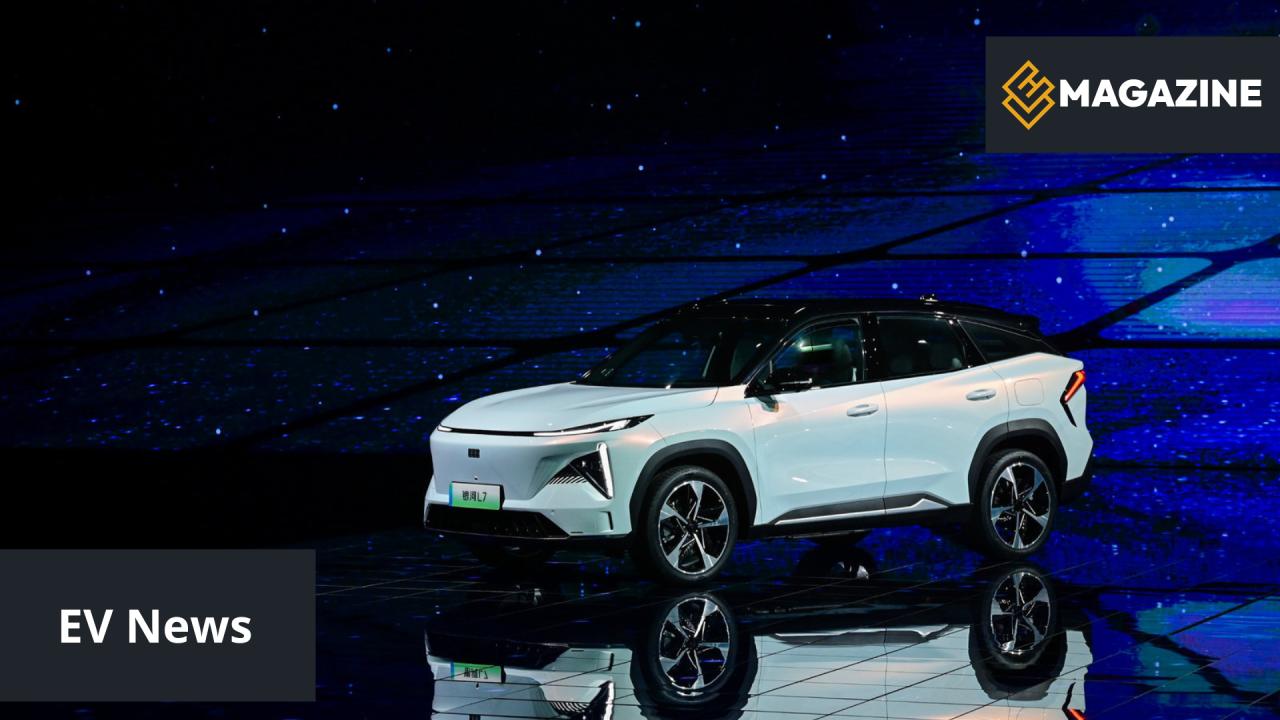47.26%
15%
2,100km
48.15%
Thermal Efficiency Milestone: Beyond Industry Standards
Geely's latest Leishen AI Hybrid 2.0 powertrain marks a significant leap in plug-in hybrid technology, achieving an unprecedented thermal efficiency of 47.26% in its core 1.5-liter naturally aspirated engine. This advancement directly challenges the established benchmark set by BYD's fifth-generation DM-i system, which currently operates at 46.06% thermal efficiency.
Beyond raw efficiency numbers, the Leishen AI Hybrid 2.0 integrates sophisticated artificial intelligence algorithms that precisely control small electrical currents. This AI implementation extends battery life by 15% through accurate control of small currents, offering tangible long-term benefits for vehicle owners beyond the initial efficiency gains.
Three-Tier Platform Strategy: EM-i, EM-P, and Hydrogen
Innovation Focus: First model implementation in the recently revealed Geely Galaxy A7 sedan, launching in China during H2 2025.
Innovation Focus: Debuts in the Geely Galaxy M9 full-size SUV with AI-enhanced dynamic torque distribution, launching H2 2025.
Innovation Focus: Record-breaking thermal efficiency of 48.15% powering both sedan and SUV models in Q4 2025.
Strategic Evolution: From NordThor to AI Integration
Geely introduced the first Leishen plug-in hybrid system in 2021, featuring an engine with 43.32% thermal efficiency and a three-speed DHT gearbox. The company's naming convention has evolved through various iterations, previously oscillating between "NordThor" and "Leishen" designations before settling on the current unified approach.
The progression from the original 43.32% efficiency to the current 47.26% represents a substantial 3.94 percentage point improvement over four years of development. This advancement reflects Geely's systematic approach to incremental yet meaningful technological progress in the competitive Chinese automotive market.
Market Context: The Chinese Hybrid Race
The introduction of AI algorithms represents a paradigm shift from purely mechanical and chemical optimization to software-enhanced performance. This approach suggests that future hybrid improvements may increasingly rely on intelligent control systems rather than solely on hardware refinements, opening new avenues for post-production optimization through software updates.
Industry Impact and Future Implications
Geely's achievement in surpassing BYD's efficiency benchmark signals intensified competition in China's hybrid market. The integration of artificial intelligence into powertrain management suggests the industry is moving toward a new phase where software optimization becomes as crucial as hardware development.
The planned hydrogen variant with 48.15% efficiency demonstrates Geely's commitment to exploring multiple pathways toward sustainable mobility, positioning the company to adapt to various regulatory and market conditions across different global regions.

